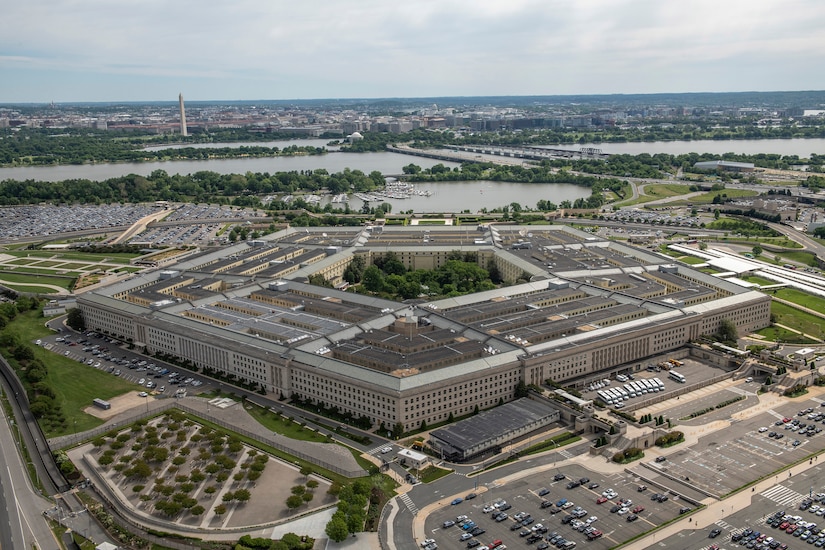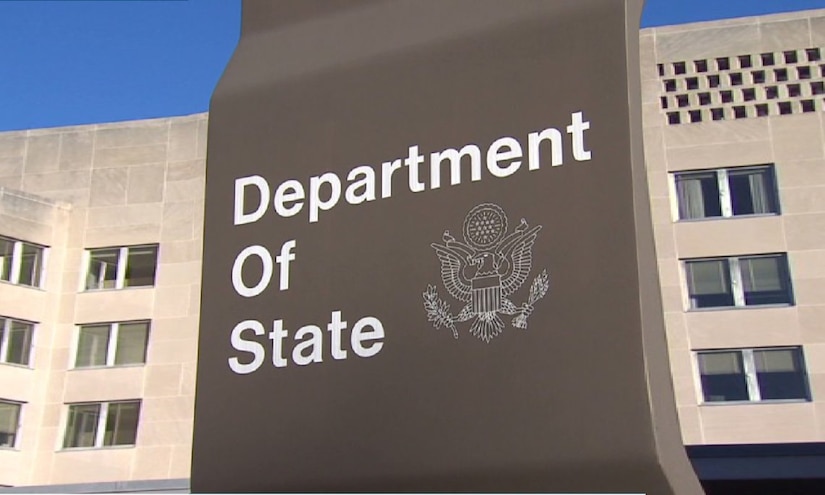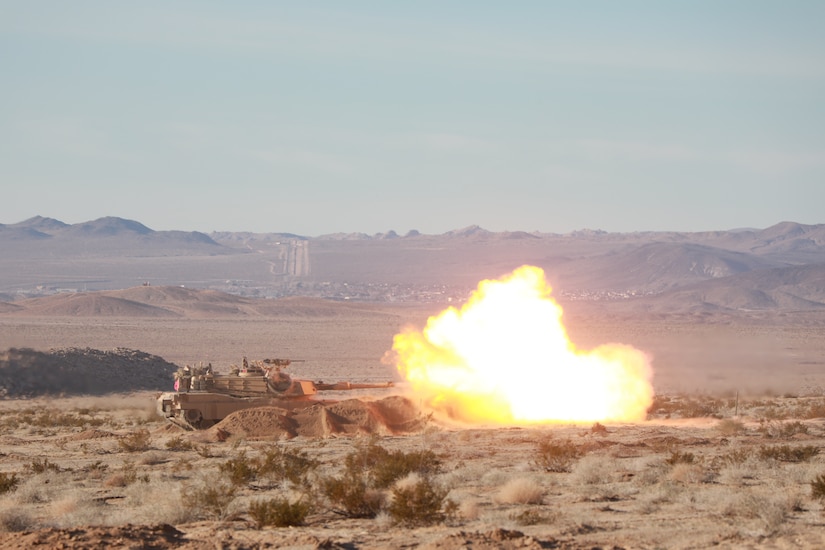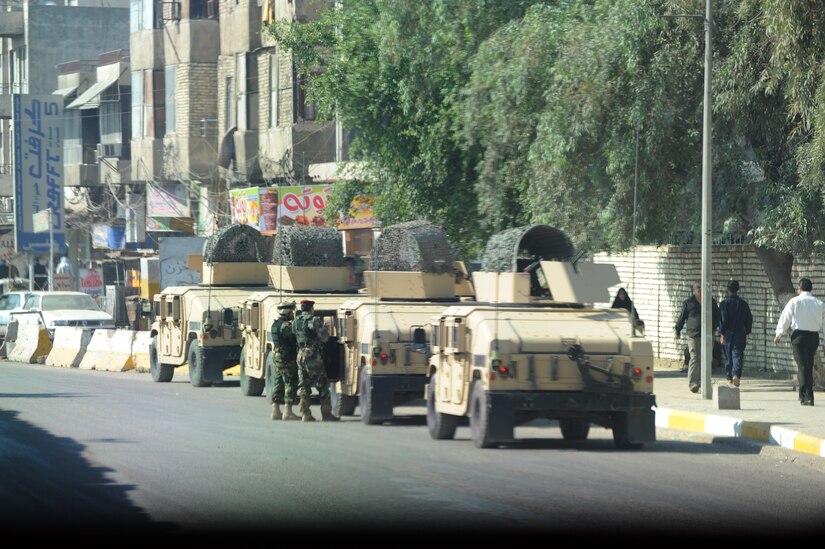June 16, 2021 | , DOD News
At a town hall meeting at the Pentagon for the department's industrial policy community, Stacy A. Cummings, who is performing the duties of undersecretary of defense for acquisition and sustainment, met with Ambassador Gina Abercrombie-Winstanley, the chief diversity and inclusion officer at the State Department, to discuss the importance of diversity and inclusion in the success of their respective agencies.

"The [secretary of defense] looks at the department, leading through values. And diversity, equity, and inclusion are part of our values as a country and our values as a department,” Cummings said. "His intention is that we incorporate that into our work and everything that we do. It is a strategic imperative, and it's critical to mission success and accomplishment that diversity and inclusion are included in our strategies."
Cummings said leaders across the defense department have been challenged by Secretary of Defense Lloyd J. Austin III to leverage the strength of the total force, including military personnel, civilians and in the acquisition and sustainment community, industry partners as well.

"The way that I personally think about diversity and inclusion is from the perspective of competing for talent," Cummings said. "In order for us ... to get the best possible capability, we need to have a structure and an environment that incorporates the totality of the United States of America as well as the capabilities of our allies and partners. And if we want to get the best skills, the best capability, the best thought, the best innovation, the only way for us to do that is to encourage everyone to want to compete to be part of our team."
When diversity and inclusion are at the forefront of defense leaders' decision-making, Cummings said, the best people will come forward to be part of not just the A&S team, but also to be a part of the teams that make up the industry partners who provide capabilities for warfighters. Diverse teams, she said, create diverse ideas that are more capable of providing the department with what it needs to keep the nation safe.
Those diverse ideas, she said, answer the call for the innovation and modernization at the center of the president's interim national security strategy.
"It is very strongly focused on bringing in innovation and modernization in a way that's affordable so that we can balance innovation and modernization with sustainment or continued current readiness," she said. "And the only way we're going to do that is if we bring in new ideas, and if we bring in new thoughts and technologies."
Ensuring those diverse new ideas come into the department is only possible, she said, if there is an environment within the department itself that invites it in.

"We can only do that when we create an environment that's open for everyone to have ... not just a seat at the table, but a voice — and actually be able to share their thoughts," she said.
Abercrombie-Winstanley said that at the State Department, she's now working to do much the same — bringing in diverse talent to strengthen the ability of her own agency to conduct its diplomatic mission.
"Our biggest challenge, we know, is the system," Abercrombie-Winstanley said. "Many people in our organization do not believe that our system will serve them well, either that they are equally valued, have the same access to assignments that lead to promotion, that lead to retention. And that is where the Department of State struggles most — not with recruiting, but with retention."
In much the same way that diversity and inclusion can bring a broader range of ideas to the Defense Department's acquisition and sustainment community, which translates to better capability for the warfighter, Abercrombie-Winstanley said diversity and inclusion will strengthen the State Department's ability to conduct diplomacy on behalf of the nation.

"The secretary was clear ... we are doing this not just because it's the right thing to do, but because it's going to make our work better," Abercrombie-Winstanley said. "Anyone knows if you got a group of people trying to resolve a problem, the wider array of backgrounds and perspectives that you have at the table are going to give you a wider array of options and recommendations for resolving the issues or the challenges before you."
That wider array of backgrounds, perspectives, and experiences, Abercrombie-Winstanley said, will help the State Department the way it helps the Defense Department.
"People who come from the region, or have lived experiences in the region, the way of thinking, perspective, culture — all of those things brought to bear are going to help us with our foreign policy," she said. "So that, that's our bottom line there."








No comments:
Post a Comment